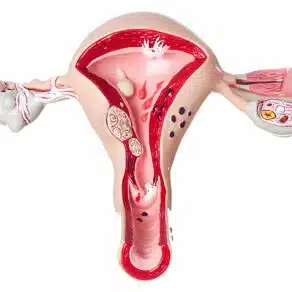Introduction: Maternal health is a critical component of public health, yet around the world, millions of women face significant challenges during pregnancy, childbirth, and the postpartum period. The maternal health crisis persists, with disparities in access to care, quality of care, and maternal outcomes. In this article, we explore the factors contributing to the maternal health crisis, its impact on women and communities, and the strategies needed to address this urgent issue for a healthier future.
Understanding the Maternal Health Crisis:
e Maternal Health Crisis: Maternal mortality rates remain unacceptably high in many regions, with preventable complications such as postpartum hemorrhage, sepsis, and hypertensive disorders contributing to maternal deaths. Moreover, for every maternal death, there are numerous instances of maternal morbidity, including injuries, infections, and long-term health complications. The maternal health crisis is exacerbated by factors such as poverty, lack of access to healthcare, limited education, and sociocultural barriers.
Impact on Women and Communities:
The Maternity care challenge has far-reaching consequences, affecting not only individual women but also their families, communities, and societies as a whole. Women who experience poor maternal health outcomes face increased risks of disability, economic hardship, and social stigma. Furthermore, children born to mothers who suffer from maternal health complications are more likely to experience adverse health outcomes and developmental challenges, perpetuating intergenerational cycles of poor health and poverty.
Factors Contributing to the Crisis:
a. Healthcare System Weaknesses: Inadequate infrastructure, shortage of skilled providers, and lack of supplies contribute to poor maternal health outcomes.
b. Sociocultural Barriers: Cultural norms and gender discrimination limit maternal healthcare access, perpetuating disparities.
c. Economic Inequities: Poverty prevents women from accessing timely healthcare, leading to higher maternal morbidity and mortality rates.
Strategies for Addressing the Crisis:
a. Healthcare System Strengthening: Investing in infrastructure, training skilled providers, and ensuring medical supplies access improves maternal health outcomes.
b. Education and Empowerment: Empowering women with reproductive health knowledge enables informed decisions and timely medical care seeking.
c. Policy Advocacy: Influencing policymakers to prioritize maternal health, allocate resources, and implement evidence-based interventions is crucial for addressing the maternal health crisis.
The Pregnancy health dilemma is multifaceted and demands collaborative efforts from governments, healthcare providers, civil society, and communities. By tackling root causes, ensuring equitable access to quality maternal healthcare, and empowering women, we can envision a future where every woman receives the care she deserves for a safe and healthy pregnancy, childbirth, and postpartum period.. Let us unite in our commitment to ending the Motherhood emergency and building a healthier world for all.





